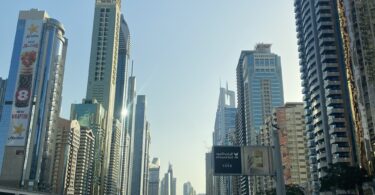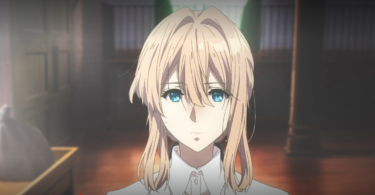Listen to the author read this article:
Lagos, NIGERIA – Dubbed as “No man’s land,” Lagos is home to almost every Nigerian ethnic group, with a population of over 20 million, making it the most populated in the country.
Discovered in the 15th century by the ‘Aworis’ a sub-group of the Yoruba tribe, Lagos was initially called “Eko” and is still is called that ‘til this day.
It was renamed in the 16th century by Portuguese merchants who established trade treaties with the Aworis.
Before 1991, it was the capital of Nigeria. Lagos has always been the frontier of development in every aspect earning it the slogan, “The centre of excellence.”
Lagos is where I call home.

I grew up in the system, a system where you must be “street-wise” or else you’ll be taken for a mugu, or a fool.
You need to know when to voice out to avoid being cheated. Check well before buying your gadgets and always confirm the prices of retail commodities to avoid paying an inflated price.
And always guard your phone and wallet from pickpockets when you’re amidst a crowd.
Lagos is a city of contrasts, where vibrance co-exists with the harsh reality of poverty and criminal activities.

Concealed beneath the bustling surface is a complex tapestry of socio-economic issues that affect the standard of life of the common man.
Lagos has a pervasive history of crimes. From the 1990s armed robbery escapade of Shina Rambo to the recent ‘419’ scams, kidnappings and cult activities have been casting a long shadow over the city’s ebullience.
Security operatives struggle to keep pace with the increased criminal activities and many locals feel vulnerable and insecure.
Despite the ‘not very good’ standard of life, one thing that keeps every ‘Lagosian’ going is a nice meal. The city is well known for having lots of restaurants where you can find dishes from the famous and sumptuous jollof rice or the hot, mouthwatering amala, a dish made with yam flour, with the nutty egusi soup.
Try the sizzling and greasy suya, or meat on a skewer, sold in every corner of the streets at night.
The way to a Lagosian’s heart is through the stomach.
Electricity in Lagos is like an August guest. It shows up when you least expect it and when it does, there’s the roar of ‘Up NEPA!’ across the entire neighborhood where power was restored even though we never know how long it’ll stay – usually not for long.

Generators, solar panels and inverters are our trusted fall back plan through the ups and downs of Lagos’ electricity brouhaha.
Lagos is my city. Despite the turbulence and unrest, nowhere else feels like home and I would so much love to see Lagos become peaceful without compromise, a place where people can walk about feeling secure.
Dominic Crown is a Junior Reporter with Youth Journalism International.




A very interesting read to me as a Nigerian living in London who has never visited Lagos, the tone of the article is very intriguing!